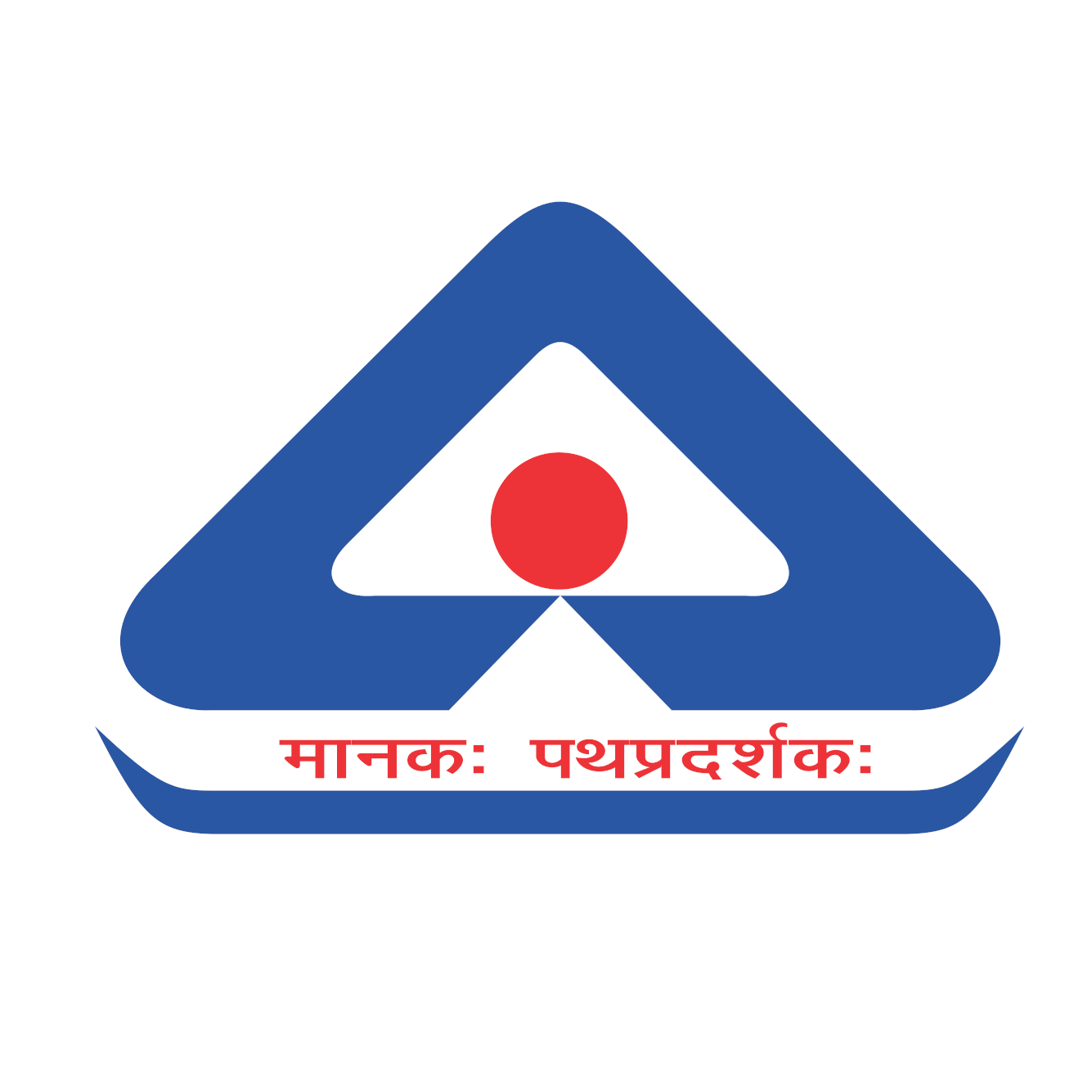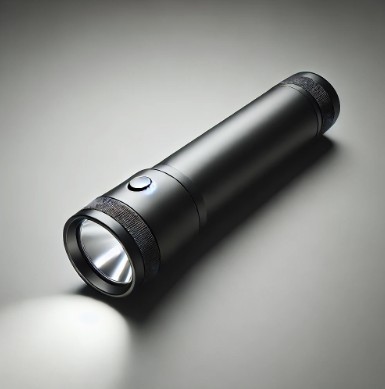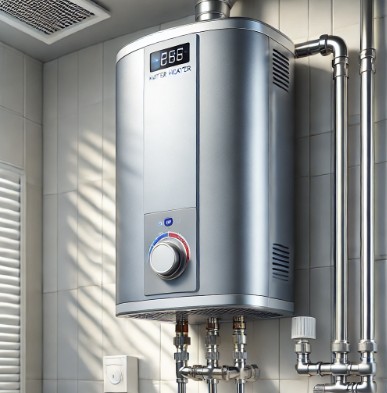Indian government and private developers pledge US$6.7 billion for green hydrogen
5. January 2023
Indian solar developer Acme Group and the Karnataka state government plan to invest US$6.7 billion in green hydrogen and ammonia production plants. Further details of the project were laid down in the memorandum of understanding signed this summer. Among other things, a production facility for 1.2 million tonnes of green hydrogen and green ammonia annually is to be built by 2027. So far, Acme has not specified how many tonnes of hydrogen and ammonia each will produce annually. Nevertheless, the plant will be one of the largest in the world when completed, according to the industry journal Upstream. The energy for the project will come from a purpose-built solar plant. Relevant product groups or components that require PESO certification in order to be imported and approved in India are, for example, gas and pressure vessels, valves and fittings, or safety equipment.
Acme is currently developing another green ammonia production facility of comparable size in Duqm, Oman. This plant is being built in collaboration with Scatec of Norway. In the first phase of the project, 100,000 tonnes of green ammonia will be produced annually. In the second phase, the operators expect to produce 1.2 million tonnes annually with the help of a 3.5 gigawatt electrolyser, which in turn will be supplied with 5.5 gigawatts of electricity from solar energy. Acme has already built a partially commercial green ammonia plant in the northern Indian state of Rajasthan as a test. For the latest plant in Karnataka, the government there assured Acme of all help with the approval process and plans to become a hub for green hydrogen. India plans to produce around 5 million tonnes of green hydrogen by 2030. To this end, the national government in New Delhi has announced that it will be waiving charges for inter-state power transmission for the next 25 years and prioritising the expansion of the power grid.
The planned expansion of renewable energies is also expected to increase the demand for imported products in the power generation sector. Therefore, the Indian power sector offers good opportunities for your company to offer services and products there or to produce locally.
A complete list of products for which the PESO certification is relevant can be found on the page about PESO certification mandatory products. The experts at MPR International GmbH are available to answer your questions about PESO certification or other India certifications without obligation for an initial assessment.
If you are interested in understanding what requirements are needed for your product to be imported into India, please do not hesitate to contact us by email or phone (Europe: +49-69-271 37 69 261, US: +1 773 654-2673). There is no cost or obligation for us to check for you. If a certification need is discovered we can provide a quotation to make sure that all your certification needs are covered.
If you have any questions you can also use our chat-window in the bottom right. (Please check your browser settings if you can’t see the window)
For more information about PESO certification, please refer to our free brochure “PESO Certification Made Easy“.









